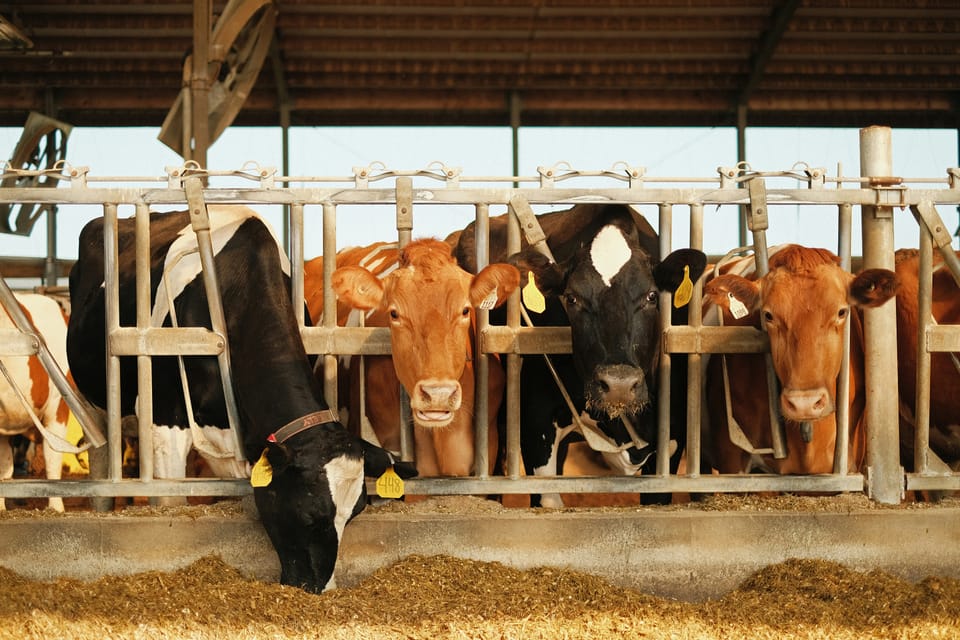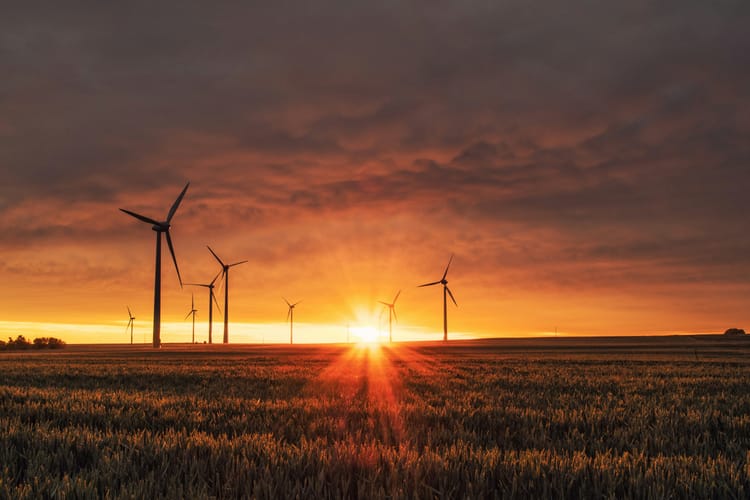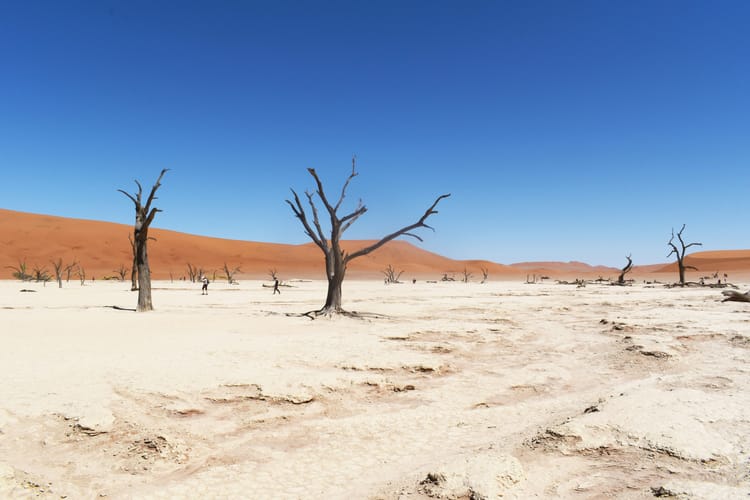Report: Major meat and dairy companies emit more GHG than fossil fuel producers
“Farms that restore nature and communities, not corporate-controlled factories, should be at the centre of our food system."

The 45 largest meat and dairy corporations collectively emitted more than one billion tonnes of greenhouse gases in 2023 – more than the footprint reported by oil state Saudi Arabia, according to a new study.
The report, published today by Foodrise, Friends of the Earth U.S., Greenpeace Nordic, and the Institute for Agriculture and Trade Policy, adds that the largest five emitters within this group — JBS, Marfrig, Tyson, Minerva, and Cargill — produced an estimated 480 million tonnes of CO2 equivalent in the same period, surpassing emissions reported by fossil fuel producers like Chevron, Shell, or BP.







